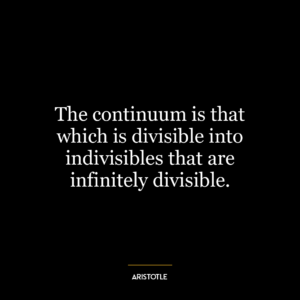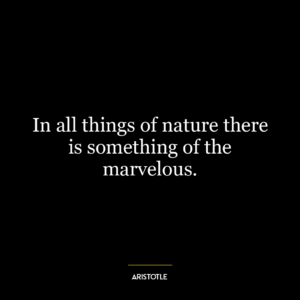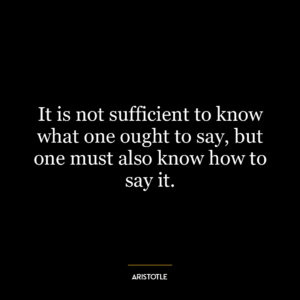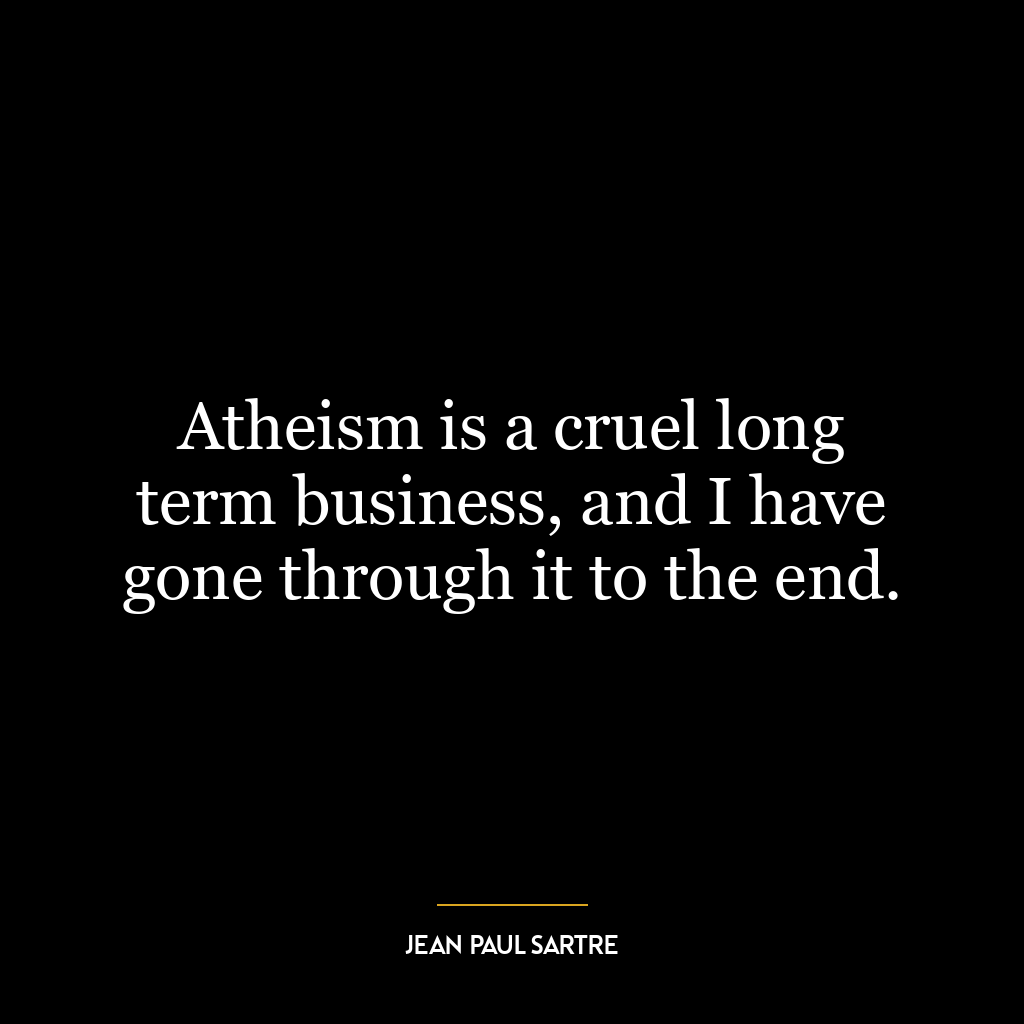This quote essentially speaks to the idea that the true value or worth of something, or the ‘end’, is intrinsic and internal rather than external. In other words, the true ‘good’ of anything, whether it be an action, a goal, a life, is found in its inherent qualities and not in its external rewards or results. It’s a philosophical perspective that encourages us to look inward for validation and fulfillment, rather than seeking it from external sources.
In the context of personal development, this could mean focusing on the inherent value of personal growth and self-improvement, rather than solely on the external rewards that might come with it, such as recognition, success, or wealth. It suggests that the true ‘good’ or value in personal development lies in the process itself and in the internal changes and growth that come with it, rather than in the end result. This perspective can help encourage a more self-driven and intrinsic motivation for personal growth, and a more fulfilling and sustainable approach to personal development.
In today’s world, we often measure success and worth by external markers – wealth, fame, power, etc. However, this quote suggests that these are not the true ‘goods’ or ends, but rather that the true ‘good’ is found within – in our character, virtues, personal growth, etc. This perspective can help to shift our focus away from external validation and towards a more self-driven and fulfilling approach to life and success. It encourages us to find value and fulfillment within ourselves, rather than seeking it from external sources.
For instance, instead of measuring the success of a project solely by its end result or profit, we can also consider the skills we’ve gained, the personal growth we’ve experienced, and the positive impact we’ve made. Similarly, instead of measuring our self-worth by our wealth or status, we can measure it by our character, virtues, and personal growth. This perspective can lead to a more fulfilling and sustainable approach to success and personal development.















